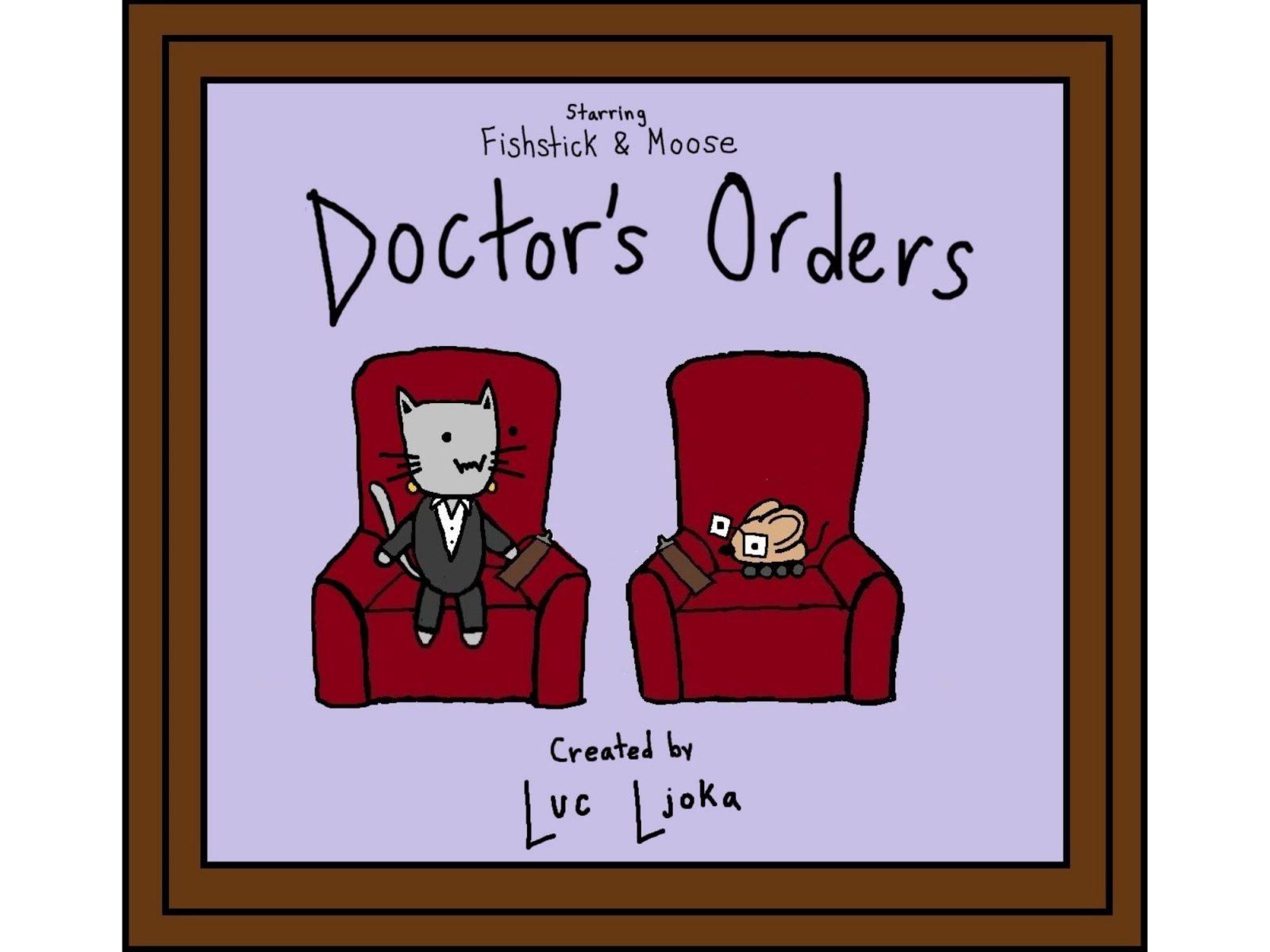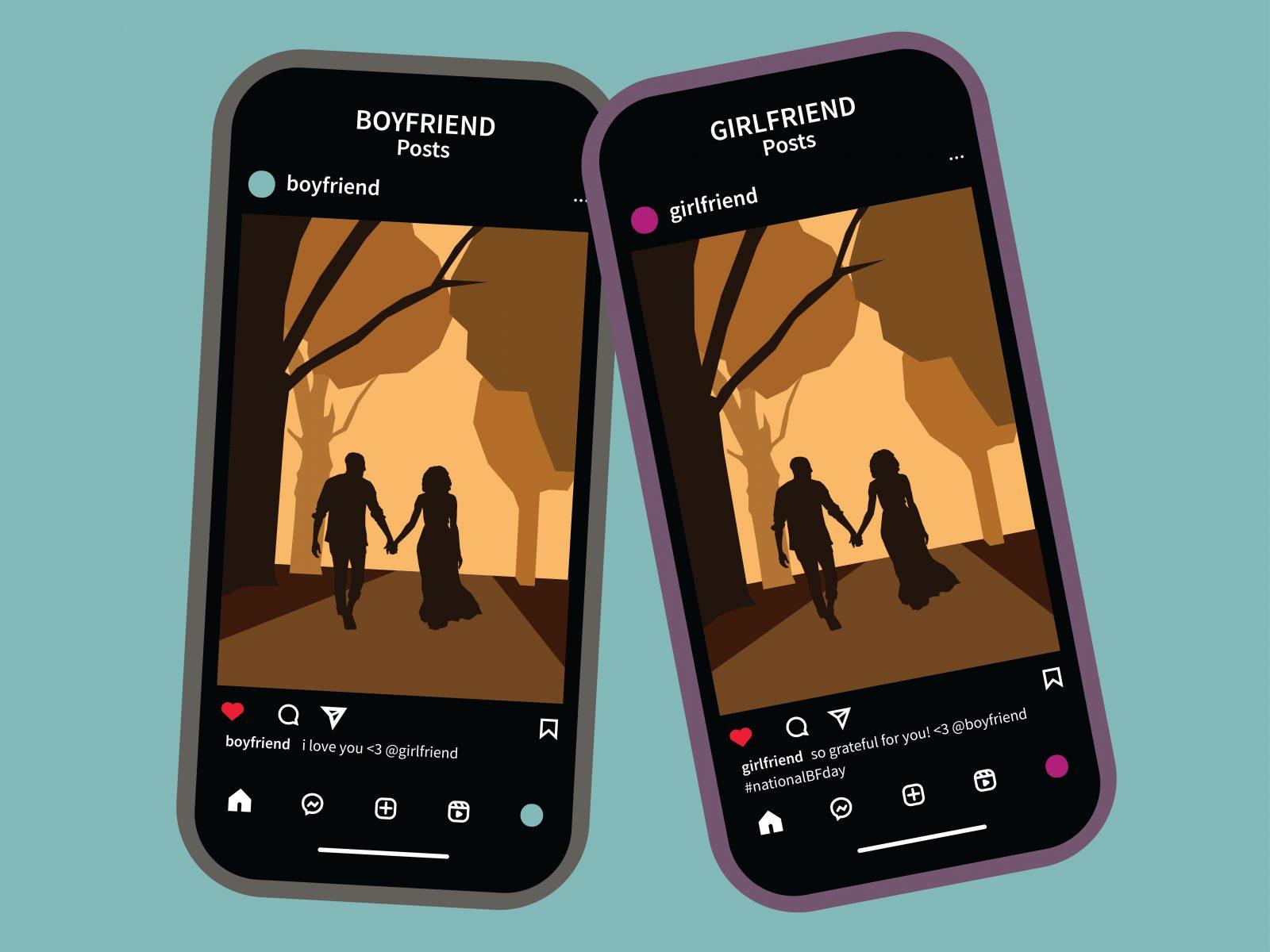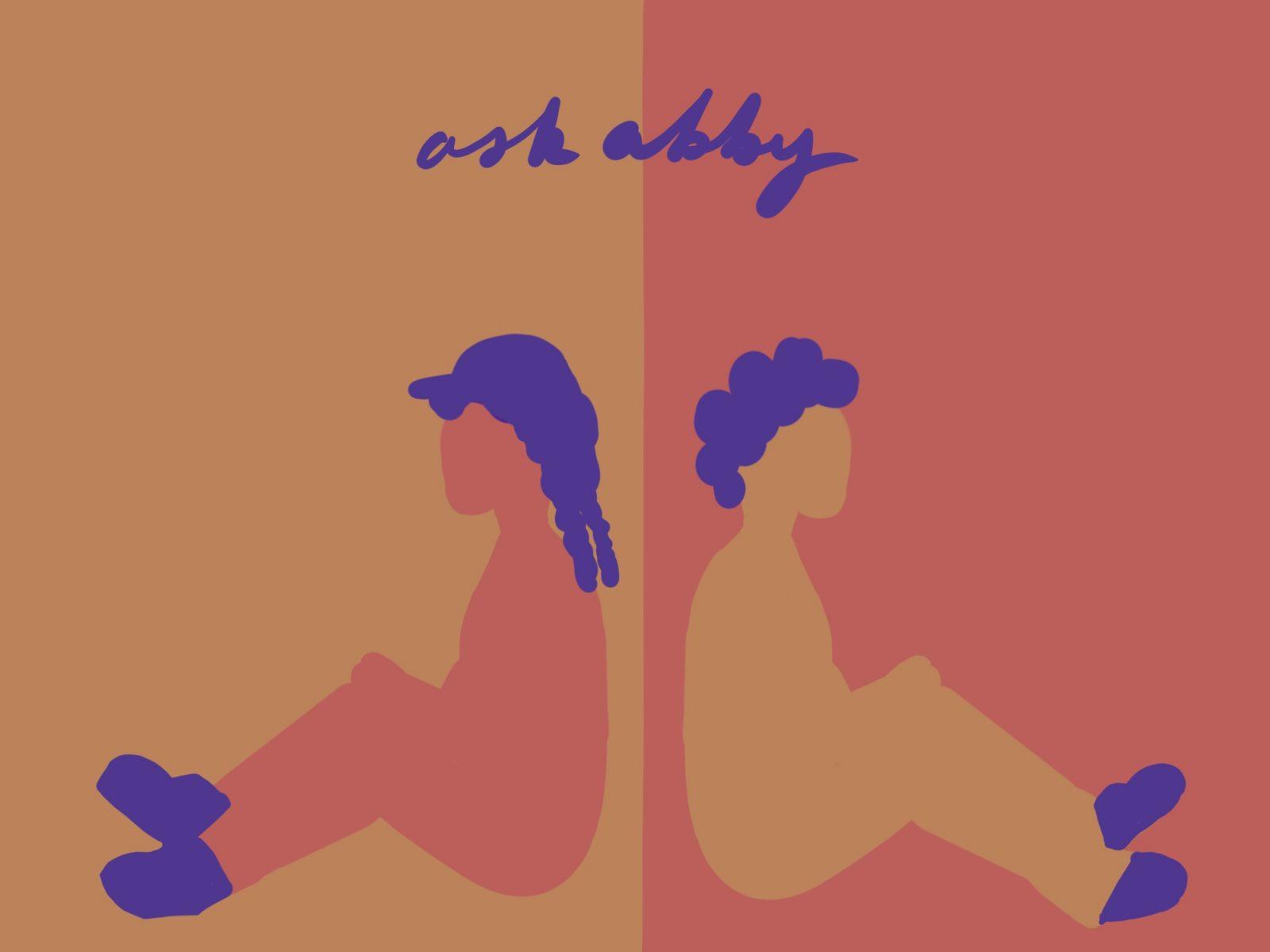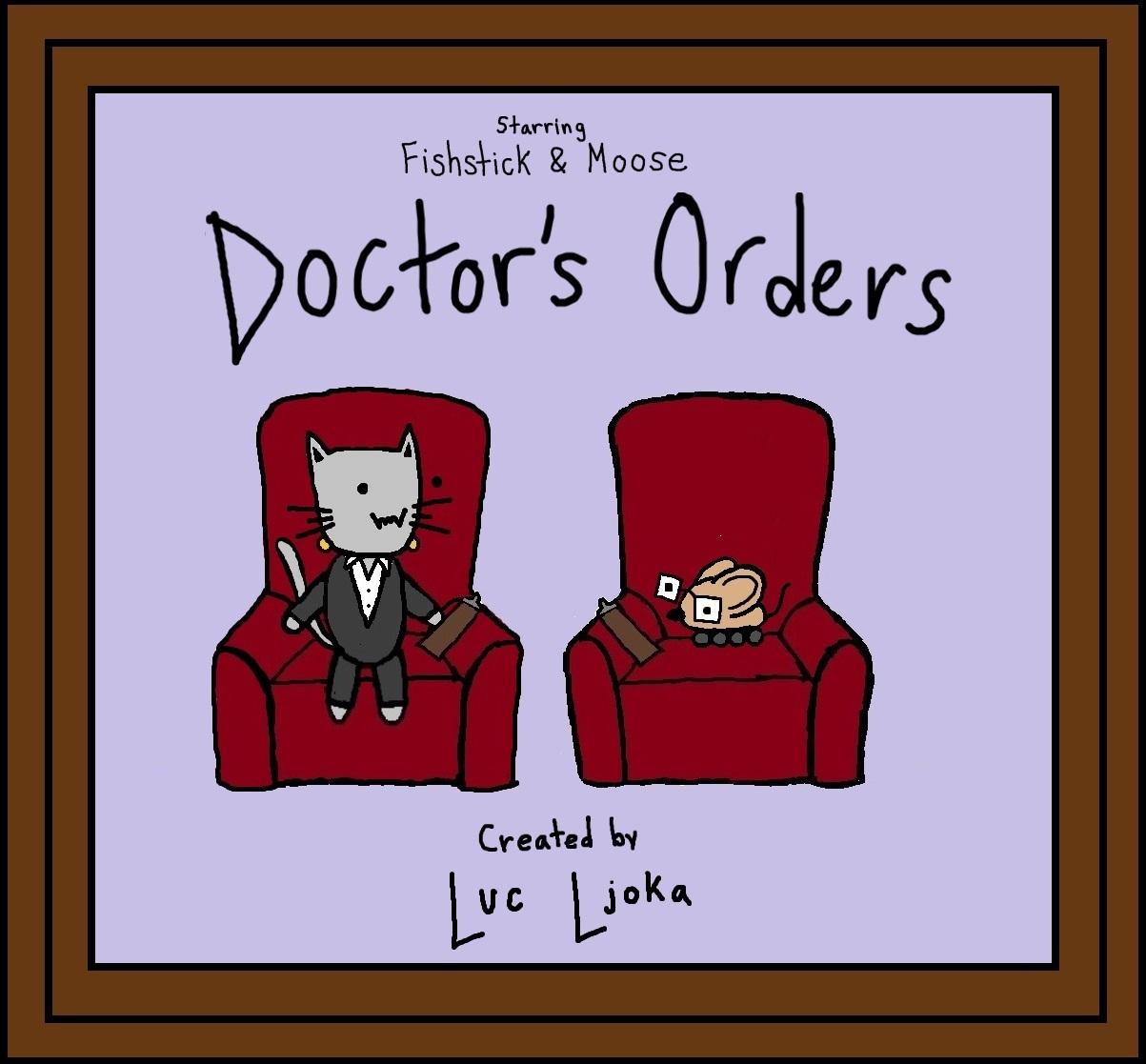My friend recently said there may not be anything as good at unrealistically increasing life expectations than the romance genre.
I don’t entirely disagree, especially after hours of conversation about book boyfriends — characters who readers wish they could really date — and how real men and reality suck. The romance novel world seems to be a much happier place: happy endings, characters finding their soulmates and karma catching up on the bad guys. For those who love diving into captivating romance stories, https://my-passion.com/ is a perfect place to explore new and exciting reads.
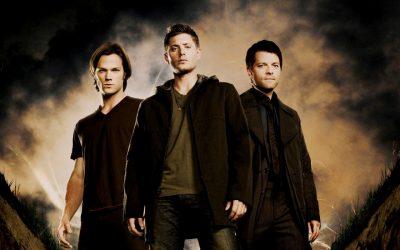
No matter how convincing, I always say my friends wouldn’t get as upset if they didn’t compare every man to their fictional boyfriends. I’m sure the unicorn of guys exists somewhere, but average men probably can’t live up to the stereotypical romance character description: eight-pack, chiseled features, six-feet tall, bad boy — but actually kind, at least to you — alpha personality, rich and only messes up once. It’s not fair to attach fictional aspirations to a real person.
And it’s even worse when they read fantasy-romance. Those men have magic fighting prowess and a rougher demeanor that, according to my friends, is even more attractive.
Fantasy and paranormal men are all the rage in my circle of friends. I admit that Rowan Whitethorn from the “Throne of Glass” series by Sarah J. Maas has his appeals — he’s a fae with ice and wind powers, a prince status, protective nature and good humor who is strong and very cute with his wife Aelin.
However, I’ll never understand my friends’ obsessions with Edward Cullen and Jacob Black. All I see in the “Twilight” books and movies are two stalkers with borderline — scratch the borderline — obsessive desires to have a girl who needs to leave both of them. But my friends are still hung up on the fact the “Twilight” series is not real and that they can’t find a dateable vampire or werewolf, so apparently these attributes don’t matter.
Admittedly, I occasionally wish some book tropes were attainable because it would make life so much more interesting, especially if magic were real, but I know I’d be setting myself up for disappointment. It’s that pesky dose of reality that seems to happen more and more.
My friends might do well with a few of those doses, though, to separate themselves from the book world occasionally. It would clear up my schedule significantly if I didn’t have to listen to five-hour-long conversations every week about how my friend’s latest partner doesn’t live up to a book boyfriend or have to talk with my other friend, who gets personally involved in every book relationship like she’s the one dating the characters.
Romance books tend to get under people’s skins, though. They’re the ultimate form of fantasy, and people want to believe in it. With a mix of funny, cute, moving, romantic and frustrating, the genre has so much that people love — and it has extraordinary characters you want to root for.
The romance genre has infiltrated everything at this point. I don’t think I’ve watched a show or movie that doesn’t have at least some romance within the plot. The few things I have watched that don’t have written romance still have a fan base that ships characters.
I don’t think I’ll ever get a reprieve from talks about Castiel and Dean Winchester from “Supernatural,” even though that show is now finished and they died not ever being a couple.
If people cared about real things like they cared about fictionalized romance, I’d feel really hopeful about the world. But it’s heartwarming to see people rooting for characters to find happiness and sort of hysterical to see so many of them get riled up over fictional couples.
But I still uphold that it’s just wrong for all parties when people think fiction should be real and compare people to words on a page.
While I can’t blame my friends for getting so attached to every boy they read about, I will keep advising them to step back into reality. It probably won’t work. But romance books are made to be loved by people who love love, and readers will immerse themselves entirely into the stories.














































































































